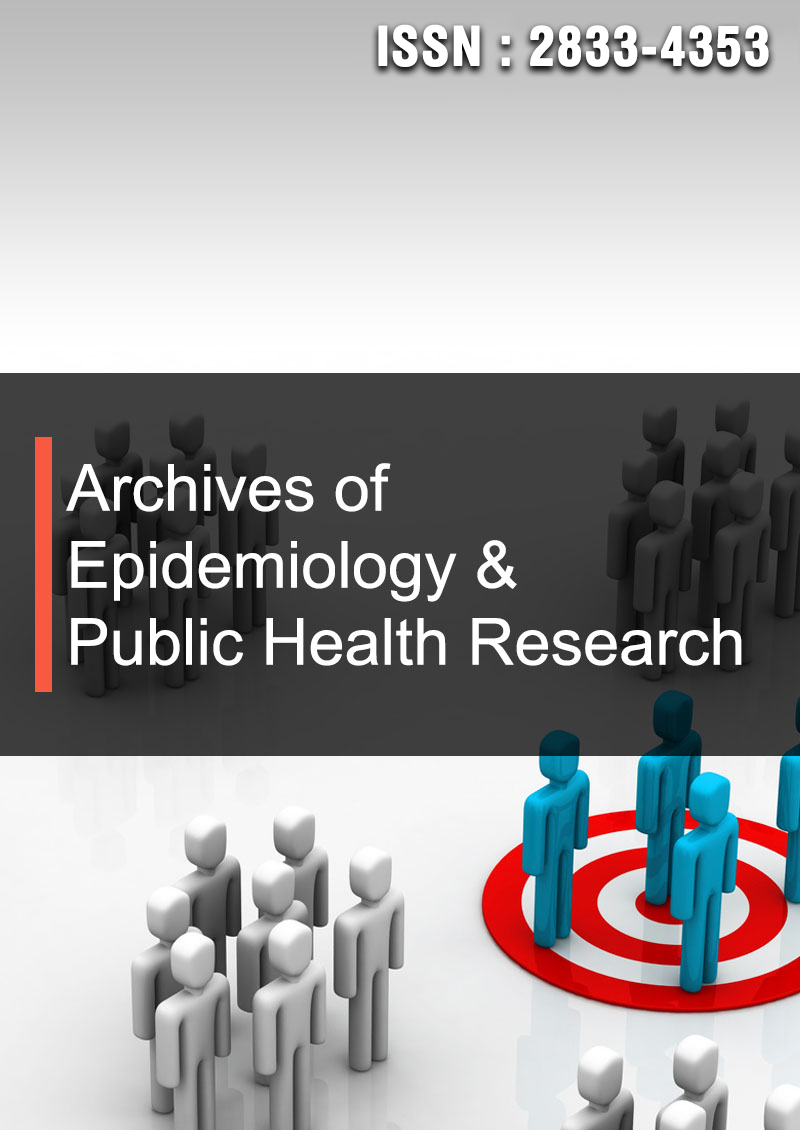The Anti-Vaccine Sentiment in America: A Barrier Against COVID-19 Elimination and National Health Wellbeing
Abstract
Bahaar Kaur Muhar, Ashwin Sidhu and Satori Iwamoto
COVID-19 has had an immense global impact as evidenced by the 538 million infections and 6.32 million deaths recorded globally since June 2022. Americans experienced loss from over 975,000 COVID-19 deaths and many people lost their jobs while others struggled with working from home. Moreover, education suffered from fully remote online teaching and medical care providers worked overtime to save lives. The development of COVID-19 vaccines, by Pfizer and Moderna for example, brought hope for an end to the pandemic. However, apart from vaccine creation, other factors such as patient willingness is necessary to build immunity against the COVID-19 infection. Not all Americans optimistically embraced the COVID-19 vaccines. Though FDA-approved for safety and efficacy, only half of the American population is fully vaccinated as of September 2021. A major root of the anti-vaccine sentiment stems from misbelief against the vaccine’s development process and timeline. Other causes of anti-vaccine sentiment include unknown long-term side effects, transparency of vaccine compositions, and a lack of scientific evidence. Furthermore, social media presence allows for increased misinformation and miscommunication on the COVID-19 topic itself, as well as the associated vaccines. This paper utilizes an evidence-based research method to analyze current research on the anti-vaccine sentiment and possible strategies to resolve these strong attitudes in efforts towards herd immunity.



